Recently, in Can Tho City, the Department of Economic Cooperation and Rural Development, Ministry of Agriculture and Rural Development held a conference to deploy a plan to enhance capacity for partners and agricultural cooperatives to develop value chain linkages to implement the Project "Sustainable development of one million hectares of high-quality and low-emission rice cultivation associated with green growth in the Mekong Delta by 2030" (referred to as the Project of 1 million hectares of high-quality rice).
1 million people will be trained and have their capacity improved.
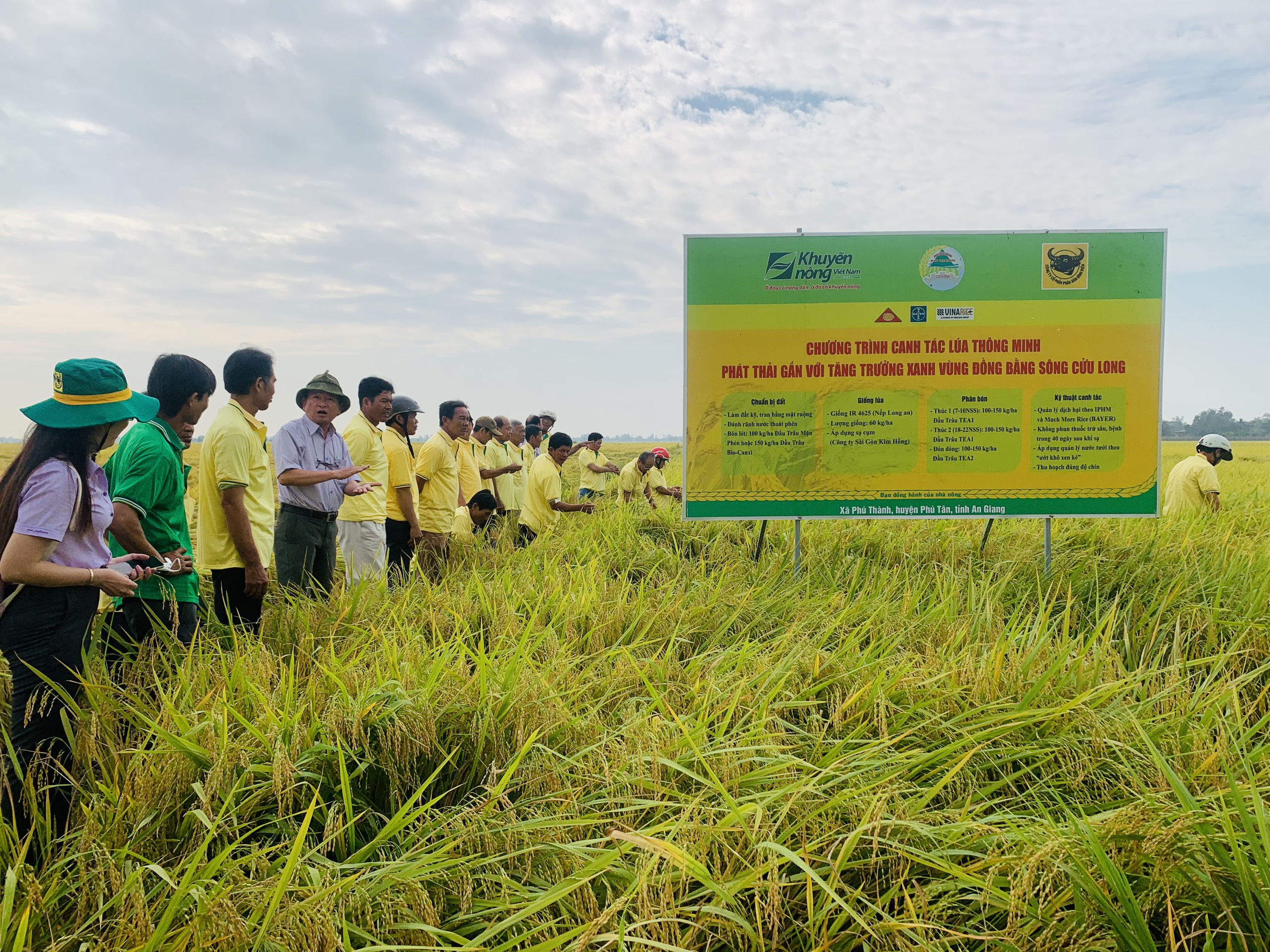
Smart rice cultivation model to reduce emissions associated with green growth implemented in Phu Thanh commune, Phu Tan district, An Giang province. Photo: Van Day
In 2 phases (2024 - 2025 and 2026 - 2030), it is expected that over 1 million people will be trained and have their capacity improved, including agricultural extension officers and community extension officers; management and technical officers of 620 agricultural cooperatives and cooperative groups registered to participate in the project...
Information at the conference said that in 2 phases (2024 - 2025 and 2026 - 2030), over 1 million people will be trained and have their capacity improved, including agricultural extension officers and community extension officers; management and technical staff of 620 agricultural cooperatives and cooperative groups registered to participate in the project; farmers will be trained in sustainable rice cultivation processes, emission reduction associated with green growth...
Of which, 207,780 people will be trained in the 2024-2025 period, and 812,320 people in the 2026-2030 period. Thereby, the program will help households, cooperatives and related subjects participating in the high-quality rice industry chain, reducing emissions, have the conditions and capacity to participate in effectively implementing the project.
Mr. Le Duc Thinh - Director of the Department of Economic Cooperation and Rural Development said that to develop this plan, the Department consulted 21 units; including 12 provinces and cities in the Mekong Delta to unify and complete the content. In 2024, the Department of Economic Cooperation and Rural Development will develop 12 training documents for different subjects, along with handbooks and instructions for using the documents.
The specialized agency will also organize 12 ToT training courses (equipping skills and knowledge on innovation); complete training for 2,000 management and technical staff of 400 agricultural cooperatives participating in the VnSAT Project (Sustainable Agricultural Transformation in Vietnam), with the main content on emission reduction farming processes and MRV method (a tool for evaluating greenhouse gas emission reduction activities).
On the agricultural side, the Mekong Delta localities will proactively organize training for cooperatives and cooperative groups registered to participate in the 1 million hectare high-quality rice project according to the roadmap.
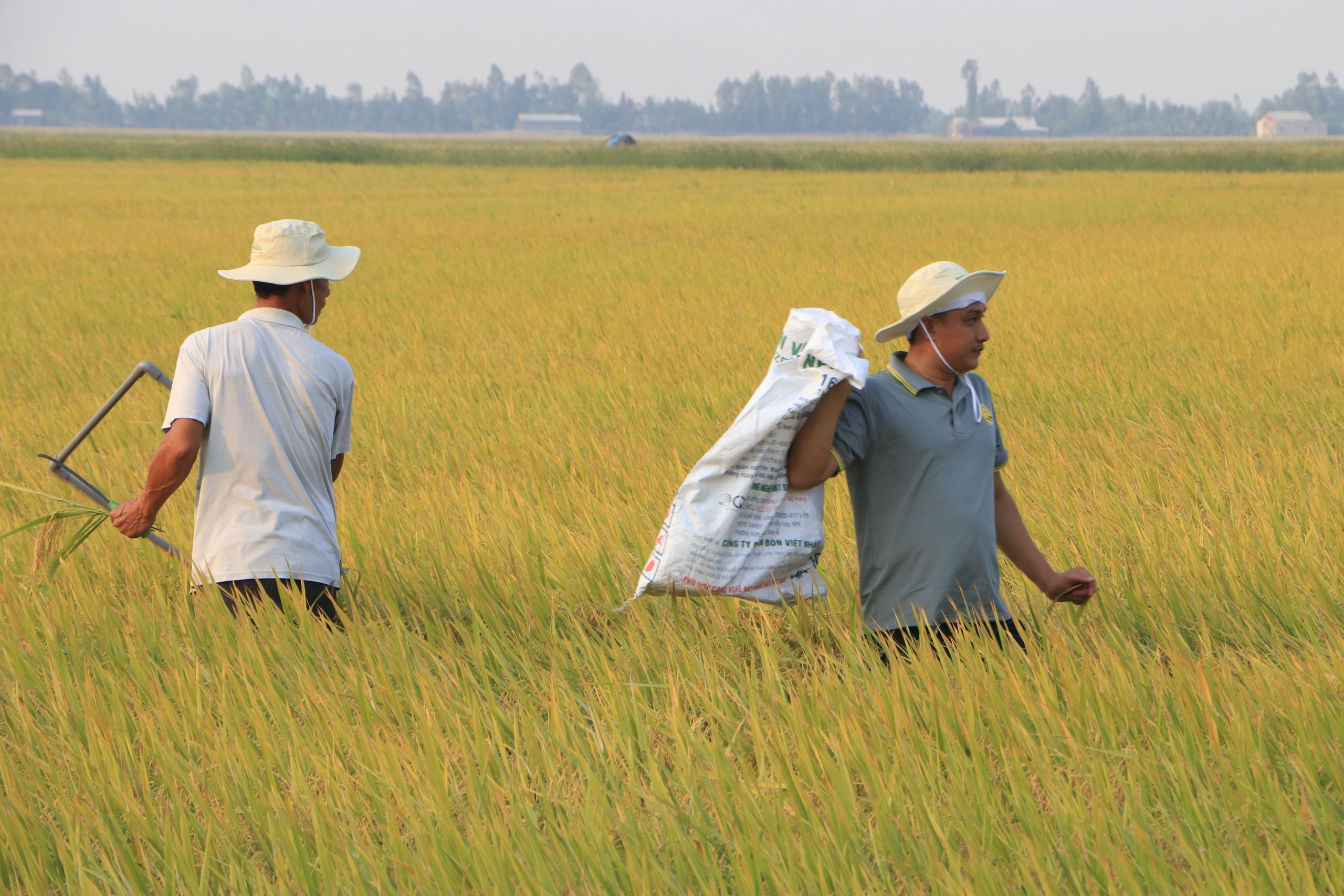
The 3-hectare rice field of Mr. Nguyen Van Sang (Tan Tuyen commune, Tri Ton district, An Giang province) - one of 6 pilot models in An Giang province participating in the 1-hectare rice project. Photo: Quang Sung
To promote the effectiveness of training, Mr. Huynh Lam Phuong - Head of the Southern Standing Office, Vietnam Cooperative Alliance said that it is necessary to screen participating cooperative members, avoiding cases where training is just for show, organized elaborately but the number of participants is limited.
Meanwhile, Mr. Le Quoc Thanh - Director of the National Agricultural Extension Center pointed out that the 1 million hectares of high-quality rice project will enhance the capacity of the entire system, including all actors in the rice production value chain. In particular, the agricultural extension force and community agricultural extension are identified as playing a connecting role between enterprises and cooperatives, and producers.
Determined to successfully implement the project
Chairing the conference, Deputy Minister of Agriculture and Rural Development Tran Thanh Nam requested that agencies, units under the Ministry and localities need to thoroughly grasp and raise awareness of the implementation of the capacity building plan for partners and agricultural cooperatives to successfully implement the 1 million hectare rice project. The purpose is to fundamentally transform the method of rice production in the Mekong Delta.
Deputy Minister Nam identified the two main subjects in this capacity building training plan as cooperative members and agricultural extension officers, especially grassroots and community extension officers.
Therefore, the local agricultural sector needs to clearly orient farmers to understand that participating in the 1 million hectares of high-quality rice project will benefit from many sources such as: reducing production costs, receiving carbon credit payments and added value from the emission-reducing rice brand...
In the period of 2024 - 2025, the 1 million hectares of high-quality rice project will focus on consolidating and improving the quality of over 182,000 hectares of rice production participating in the VnSAT Project and expanding to localities that have not participated.
"Localities select cooperatives with a lot of experience, thereby improving the quality of cooperatives. For cooperatives in places that have not yet implemented the VnSAT Project, cooperative leaders must be proactive and creative," Deputy Minister Tran Thanh Nam emphasized.
Previously, the Ministry of Agriculture and Rural Development planned to implement a project to support technical infrastructure for low-carbon rice in the Mekong Delta based on the 1 million hectare high-quality, low-emission rice project. This is a comprehensive technical support package, with an estimated cost of about 375 million USD (equivalent to 8,968 billion VND).
Deputy Minister Tran Thanh Nam said that the Ministry has selected 5 provinces and cities representing the soil characteristics in the Mekong Delta region to implement the pilot model, including Can Tho City, Soc Trang, Kien Giang (salt acid sulfate soil), Dong Thap (upstream soil), Tra Vinh (alluvial soil).
The model will be implemented from the cultivation process until carbon credits are measured. After 3 pilot crops, specialized agencies of the Ministry of Agriculture and Rural Development will evaluate and review, and then issue an official document recognizing the process of measuring the level of emission reduction and expanding to other localities.
Source


![[Photo] President Luong Cuong and King Philippe of Belgium visit Thang Long Imperial Citadel](https://vstatic.vietnam.vn/vietnam/resource/IMAGE/2025/4/1/cb080a6652f84a1291edc3d2ee50f631)

![[Photo] Close-up of Vietnam's sniffer dog team searching for earthquake victims in Myanmar](https://vstatic.vietnam.vn/vietnam/resource/IMAGE/2025/4/1/d4949a0510ba40af93a15359b5450df2)

![[Photo] General Secretary To Lam receives King Philippe of Belgium](https://vstatic.vietnam.vn/vietnam/resource/IMAGE/2025/4/1/e5963137a0c9428dabb93bdb34b86d7c)
![[Photo] Prime Minister Pham Minh Chinh meets with King Philippe of Belgium](https://vstatic.vietnam.vn/vietnam/resource/IMAGE/2025/4/1/be2f9ad3b17843b9b8f8dee6f2d227e7)


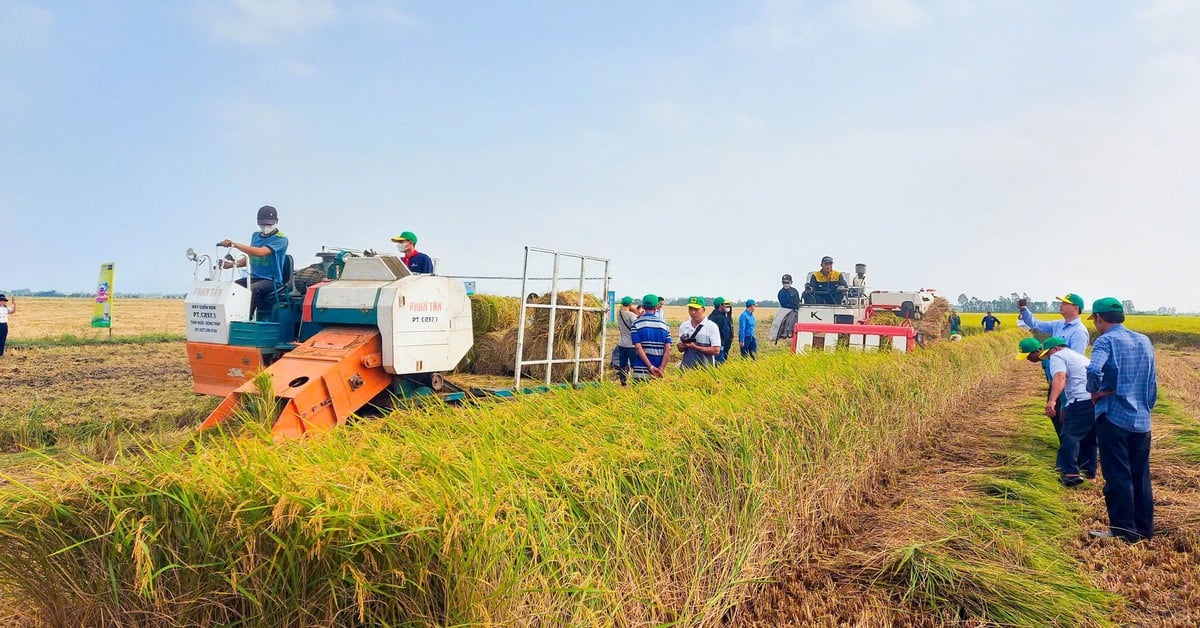

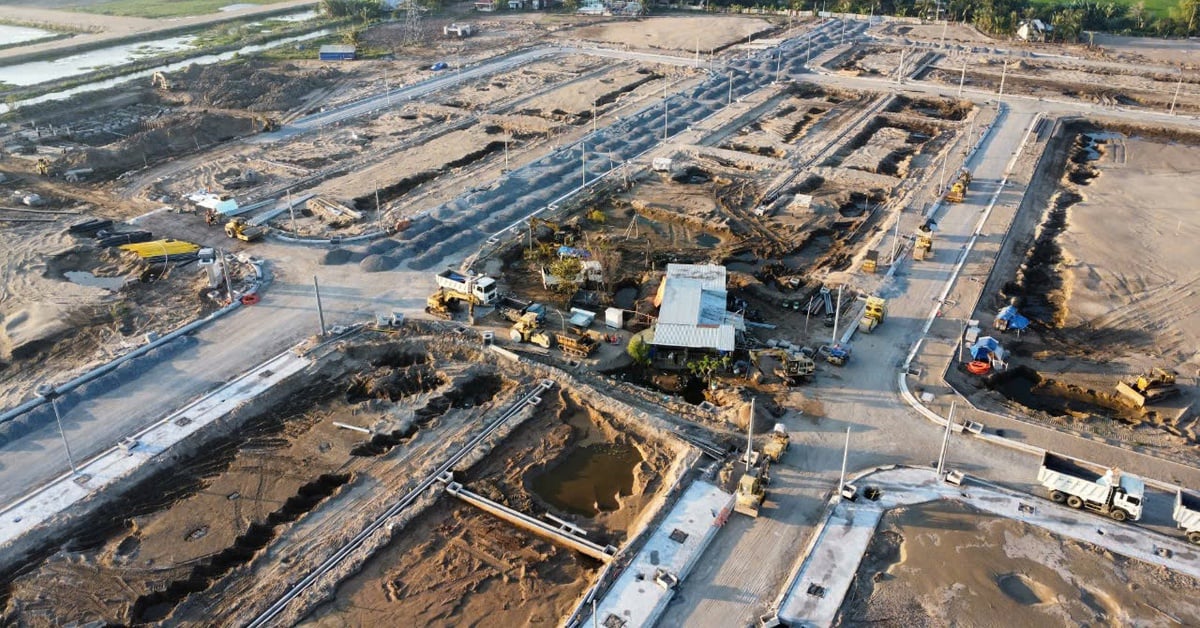
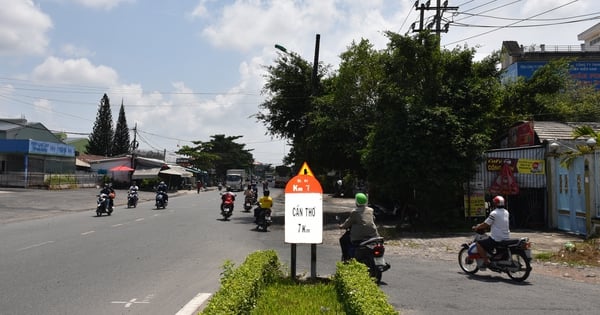



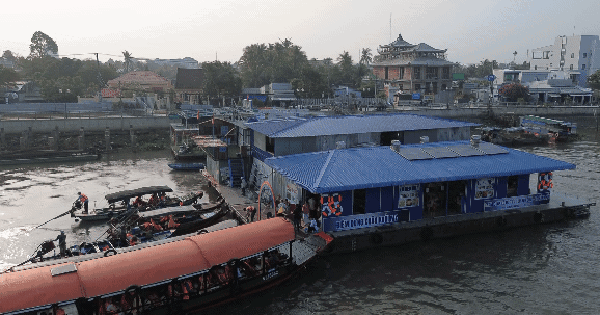

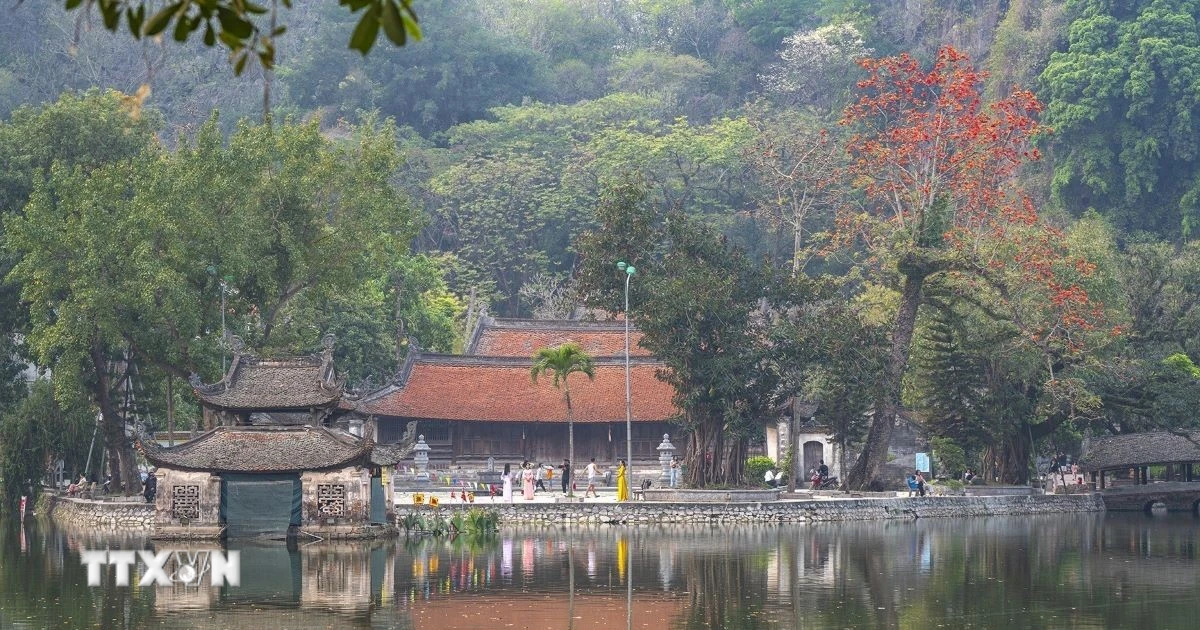
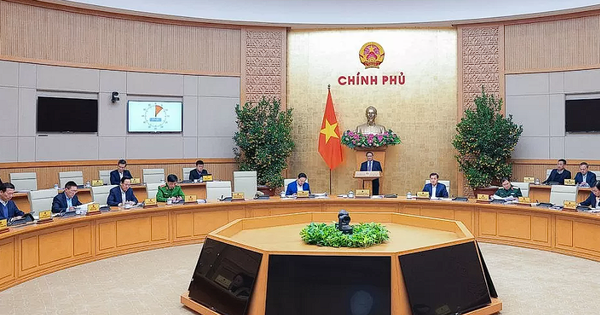


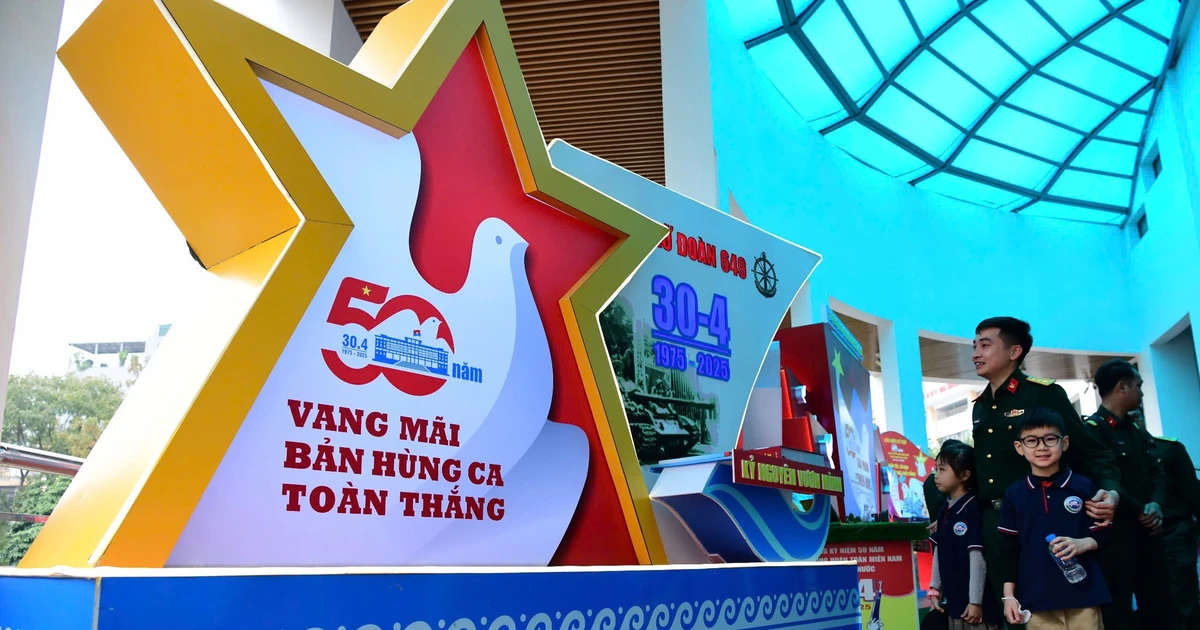




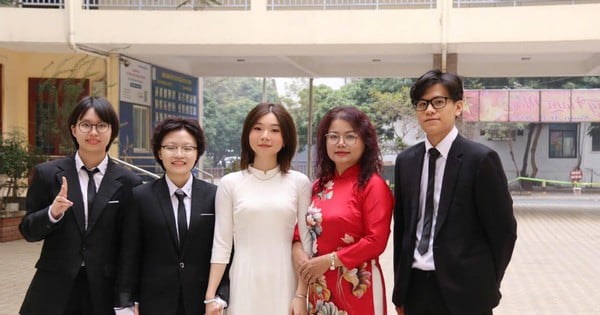
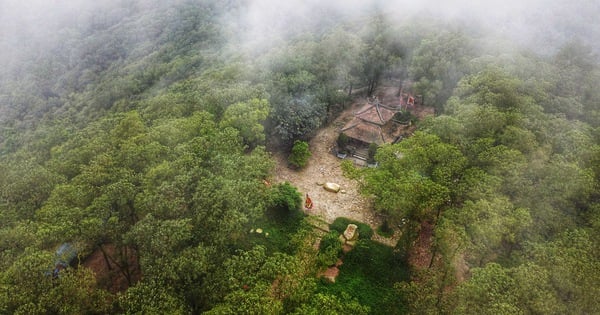
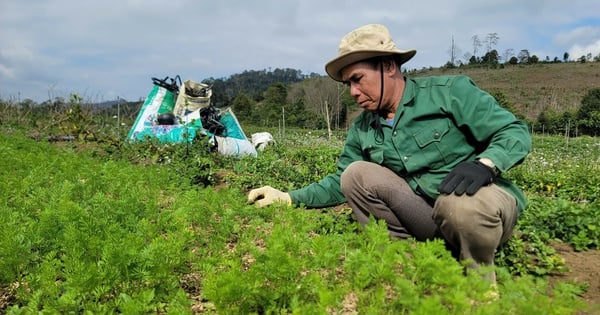
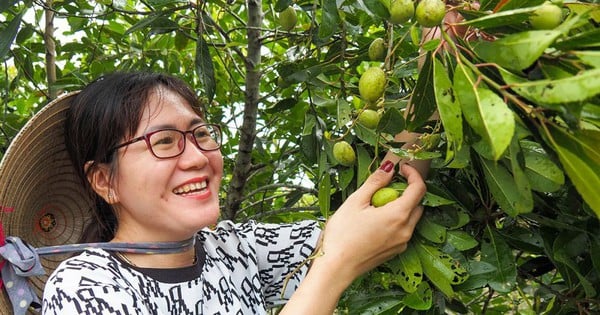
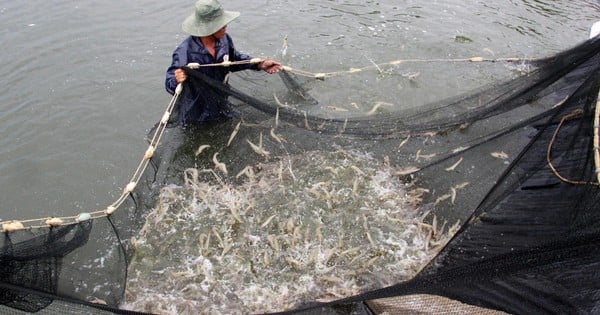
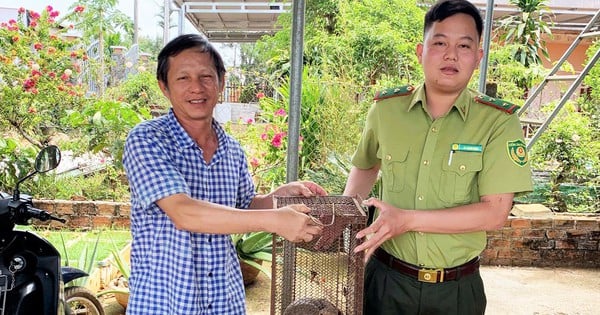
![[Photo] Myanmar's capital in disarray after the great earthquake](https://vstatic.vietnam.vn/vietnam/resource/IMAGE/2025/4/1/7719e43b61ba40f3ac17f5c3c1f03720)









































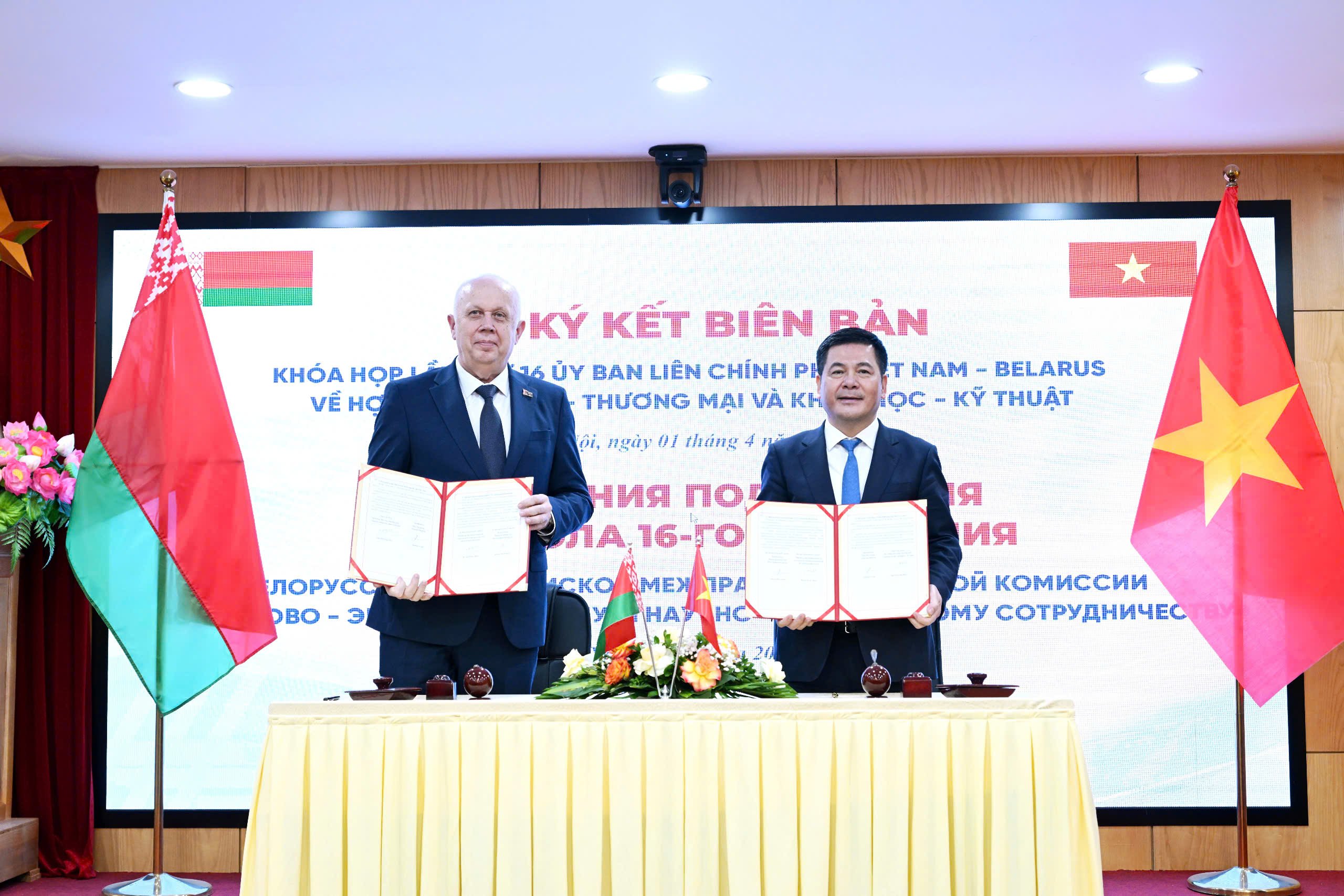
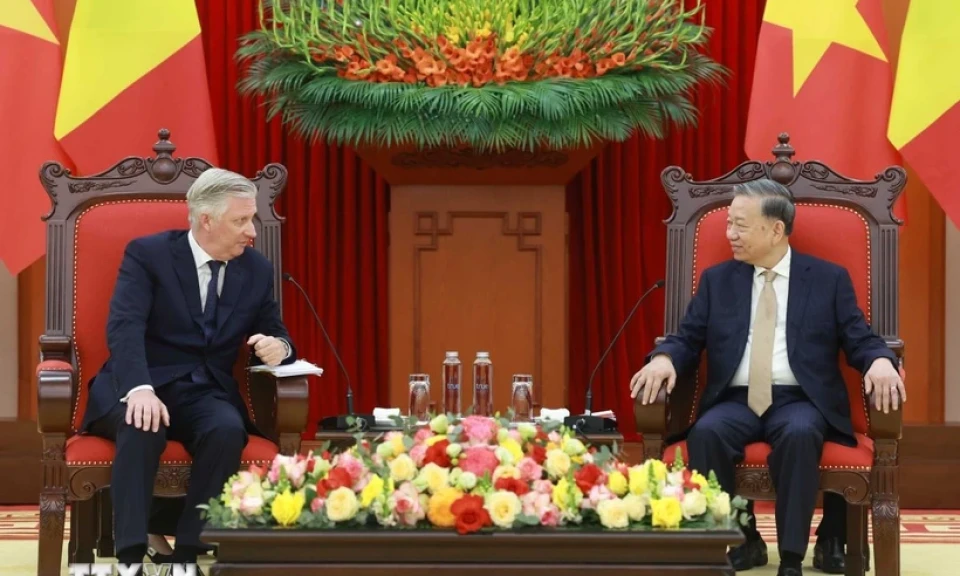

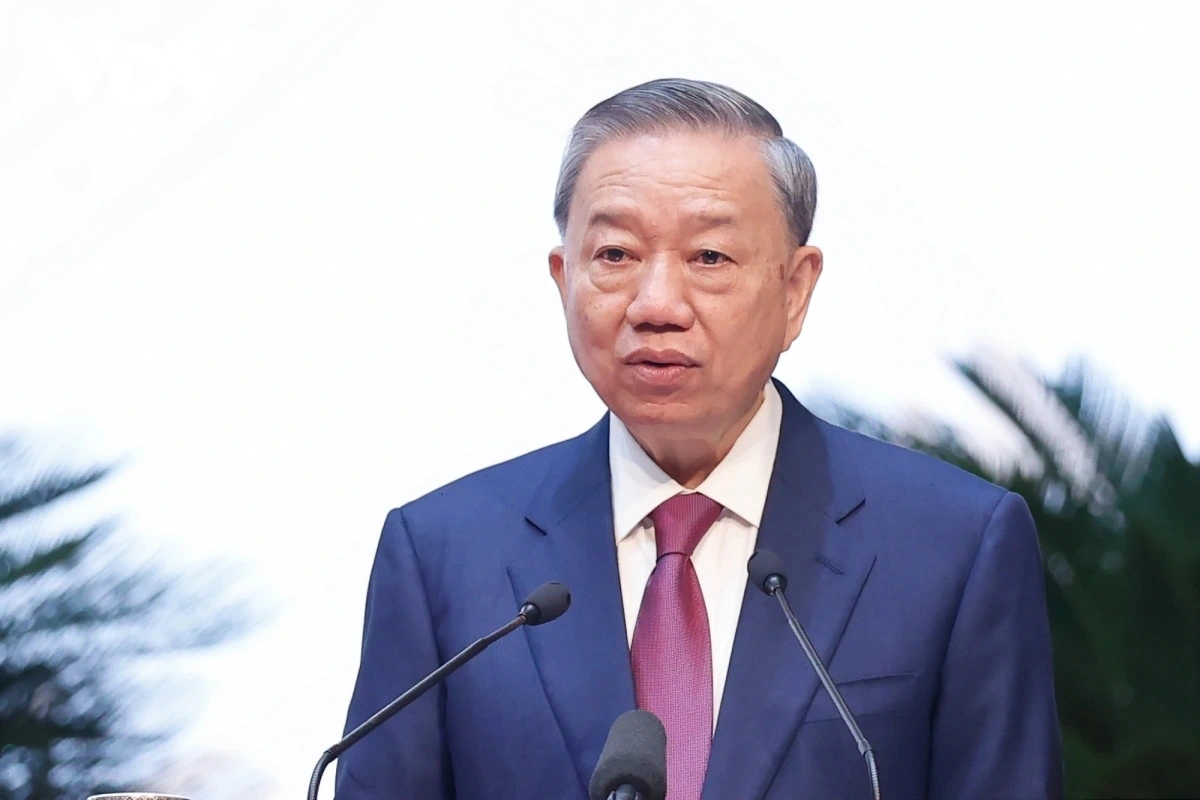

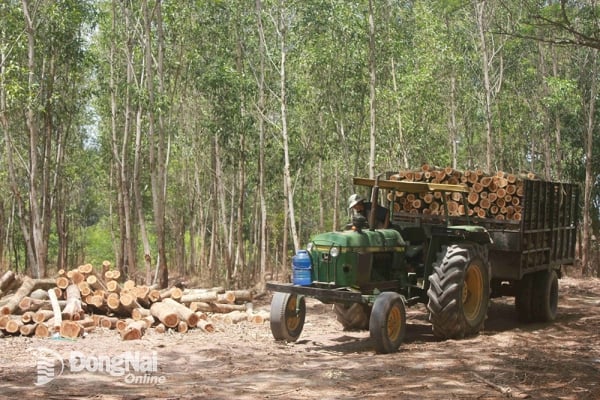
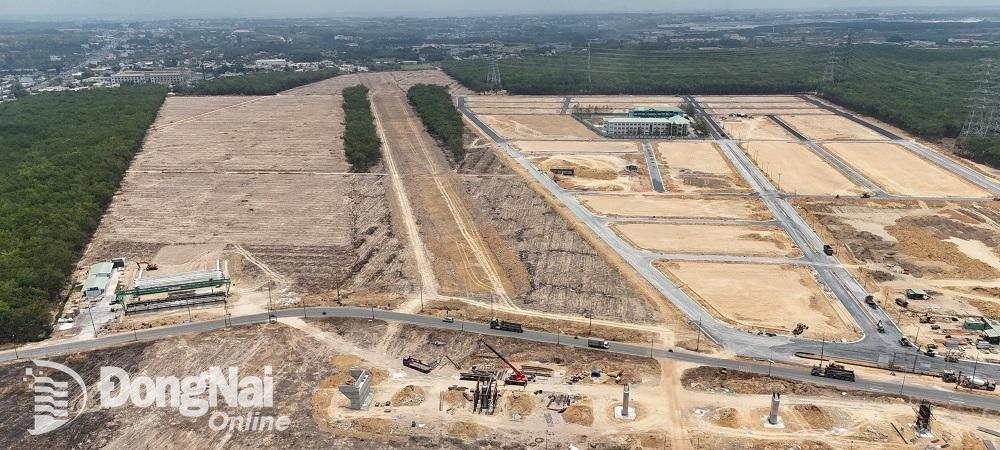
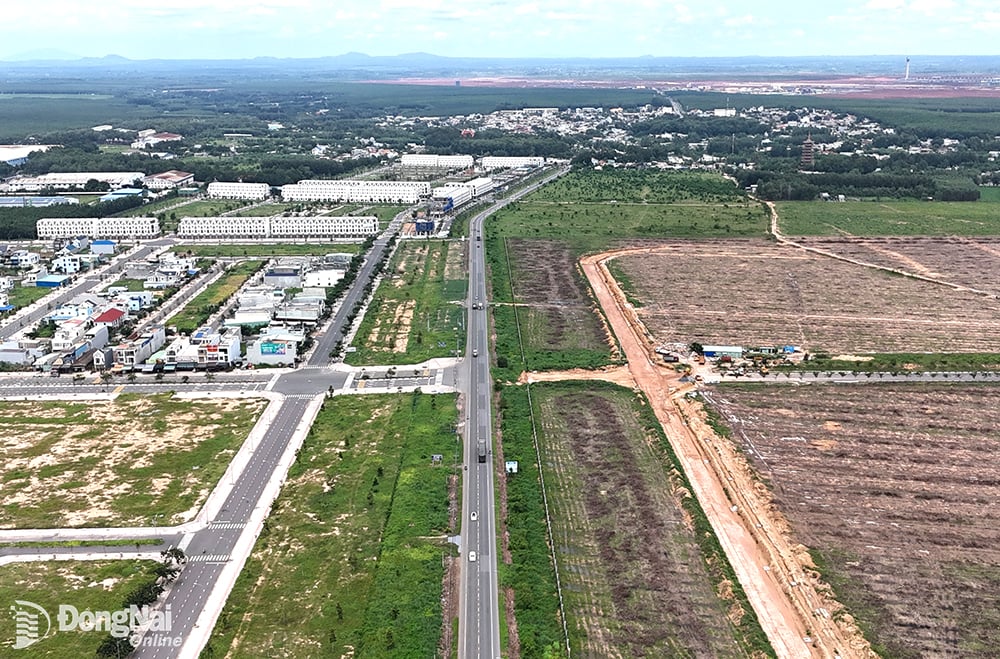
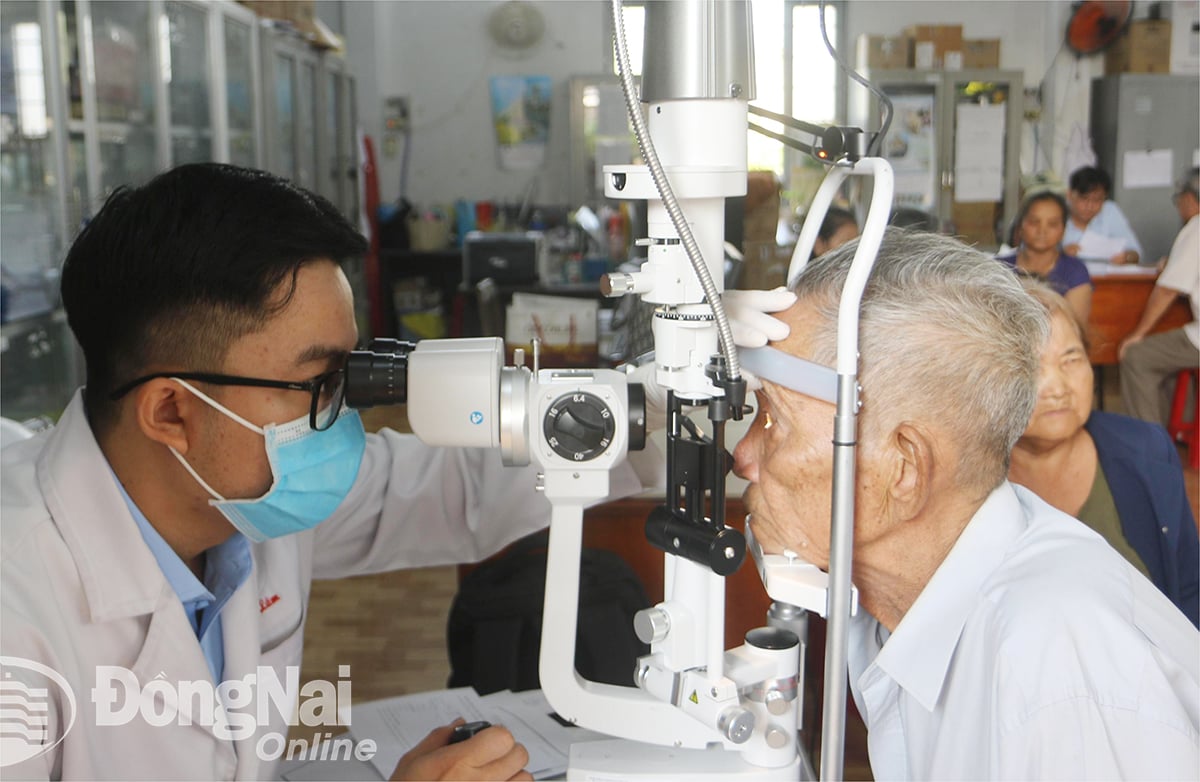











Comment (0)